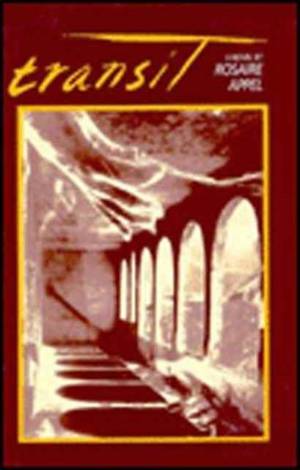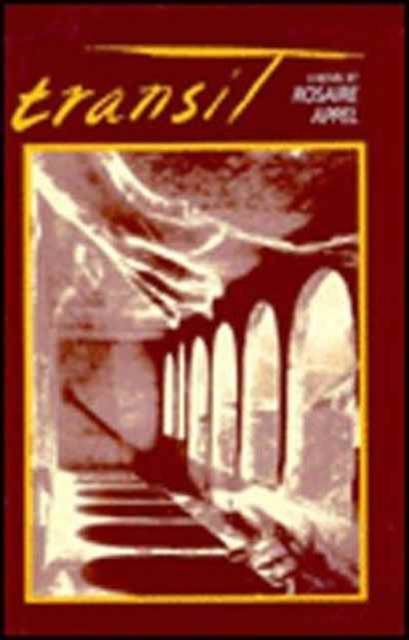
- Retrait gratuit dans votre magasin Club
- 7.000.000 titres dans notre catalogue
- Payer en toute sécurité
- Toujours un magasin près de chez vous
- Retrait gratuit dans votre magasin Club
- 7.000.000 titres dans notre catalogue
- Payer en toute sécurité
- Toujours un magasin près de chez vous
Description
Excludes in the manner of a nightmare that has its own interior logic but can be neither resolved nor completely understood In transiT, the reader is cast in the role of a stranger caught in a moldering, inconsequential city, a stranger thrown in among strangers. Chance encounters and haphazard eavesdropping present the local conditions. The climate is steamy and oppressive. The plumbing is bad. The population is threatened by disease and torpor. Private emotions pushed to the edge erupt in public spaces. In the café, a pivotal space, a young man toys with a glass. He sets it closer to the edge of the table--will he push it over? The floor is tile; the sound would be brilliant. A man who is ill forces himself to trudge to the top of a hill for a view. Such are some of the incidents in transiT--only partially witnessed, and often from more than one perspective. These incidents are repeatedly intruded upon by ambient speech: fragments of conversation, reveries, obsessions, fits of passion, and voices reading aloud from an outdated book on survival in the tropics--which includes advice on how to tread servant, sickroom manners, the preservation of kid gloves. In transiT, language is used subtractively; accumulation does not ensure understanding. At one point a statue is bombed. But the reader, as stranger, knows neither the history nor the politics of the place and cannot know what to make of it. This brings into focus our helplessness in the face of exclusion.
Spécifications
Parties prenantes
- Auteur(s) :
- Editeur:
Contenu
- Nombre de pages :
- 133
- Langue:
- Anglais
- Collection :
Caractéristiques
- EAN:
- 9780932511713
- Date de parution :
- 01-01-93
- Format:
- Livre broché
- Format numérique:
- Trade paperback (VS)
- Dimensions :
- 140 mm x 216 mm
- Poids :
- 200 g







